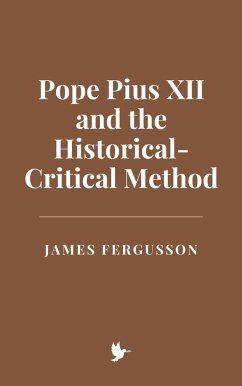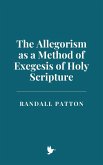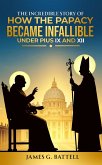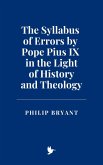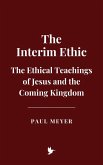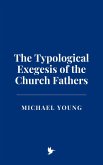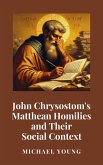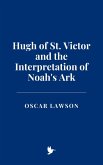This work explores the evolution of Catholic biblical scholarship from the papacy of Pius XII through the post-Vatican II period, focusing on the Church's engagement with modern historical-critical methods in the study of scripture. Beginning with Pius XII's cautious endorsement of these methods in
Divino Afflante Spiritu (1943), the study traces how his papacy laid the groundwork for a more open and dynamic approach to the Bible, fostering a dialogue between traditional doctrinal teachings and contemporary scholarly methods. Vatican II's
Dei Verbum (1965) expanded on this foundation, emphasizing the complementary roles of scripture, tradition, and the Magisterium in interpreting divine revelation. The work examines key theological concepts such as the inerrancy of scripture, the dual authorship of the Bible, and the relationship between historical criticism and theological reflection, offering a nuanced view of how the Church navigated the complex terrain of modern biblical scholarship. Additionally, the study highlights the continuing influence of Pius XII's intellectual legacy on subsequent theological debates and the ongoing challenges and opportunities for Catholic biblical scholarship in the contemporary world. Through an analysis of primary sources, scholarly debates, and ecclesiastical documents, the work contributes to understanding how Catholic scholars have engaged with modern biblical criticism while maintaining fidelity to the faith, shaping the future of Catholic biblical studies.
Dieser Download kann aus rechtlichen Gründen nur mit Rechnungsadresse in A, B, CY, CZ, D, DK, EW, E, FIN, F, GR, H, IRL, I, LT, L, LR, M, NL, PL, P, R, S, SLO, SK ausgeliefert werden.

